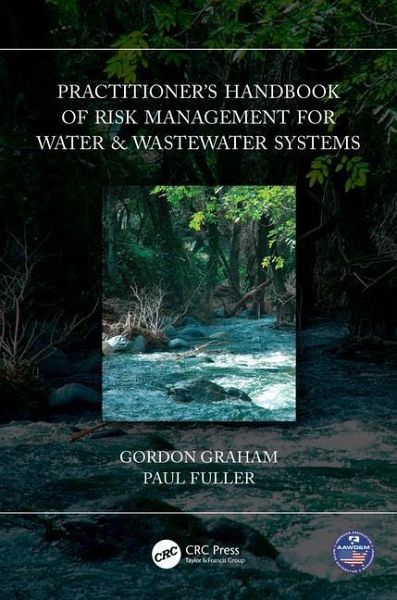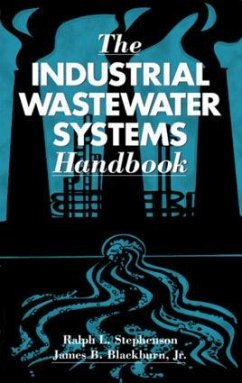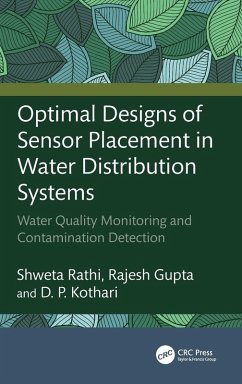
Practitioner's Handbook of Risk Management for Water & Wastewater Systems
Versandkostenfrei!
Versandfertig in 1-2 Wochen
202,99 €
inkl. MwSt.
Weitere Ausgaben:

PAYBACK Punkte
101 °P sammeln!
Centering on organizational risk management, Practitioner's Handbook of Risk Management for Water & Wastewater Systems provides the investigative tools for risk assessments and risk/frequency matrixes to effectively recognize and prioritize the thousands of risks facing professionals working in the water and wastewater industry.













